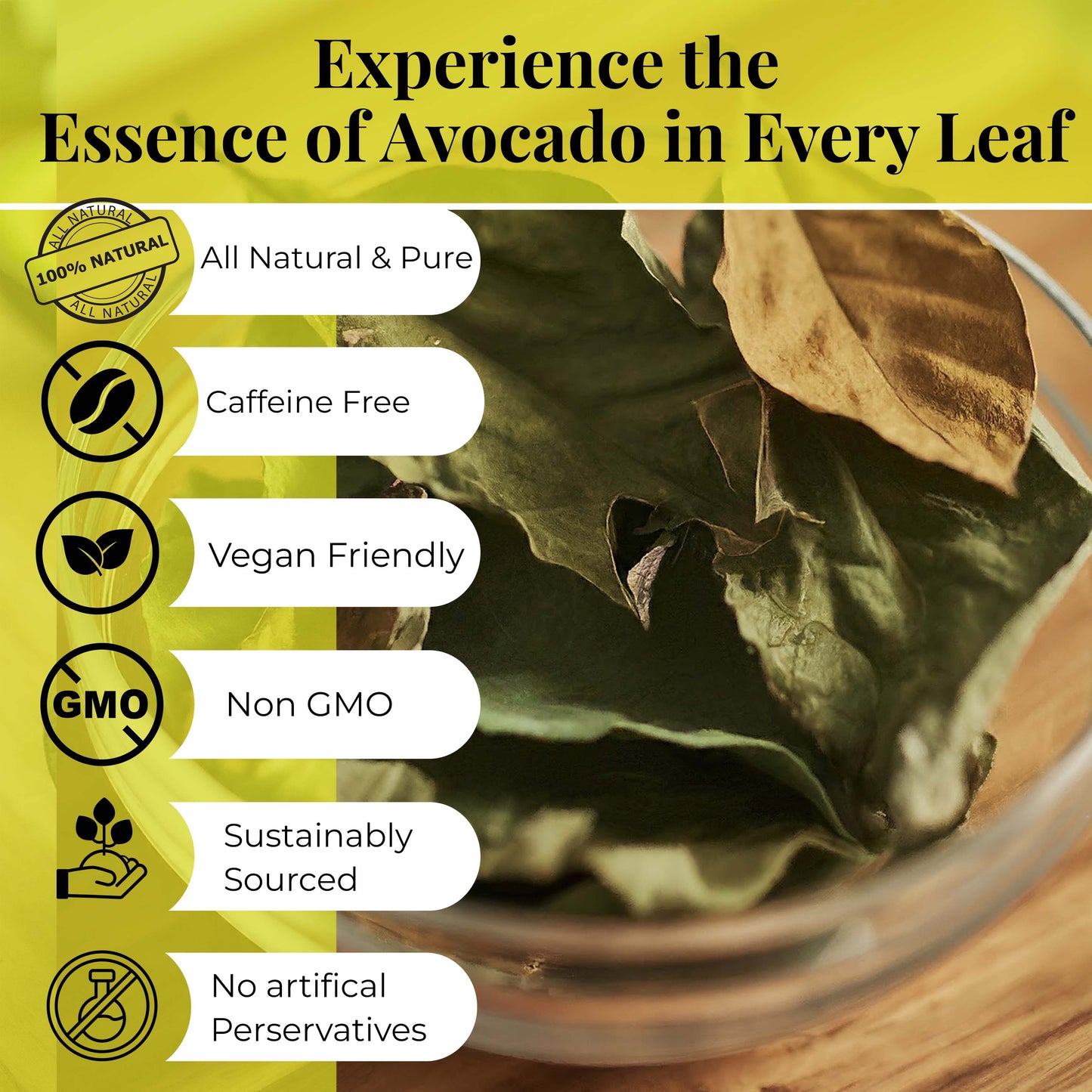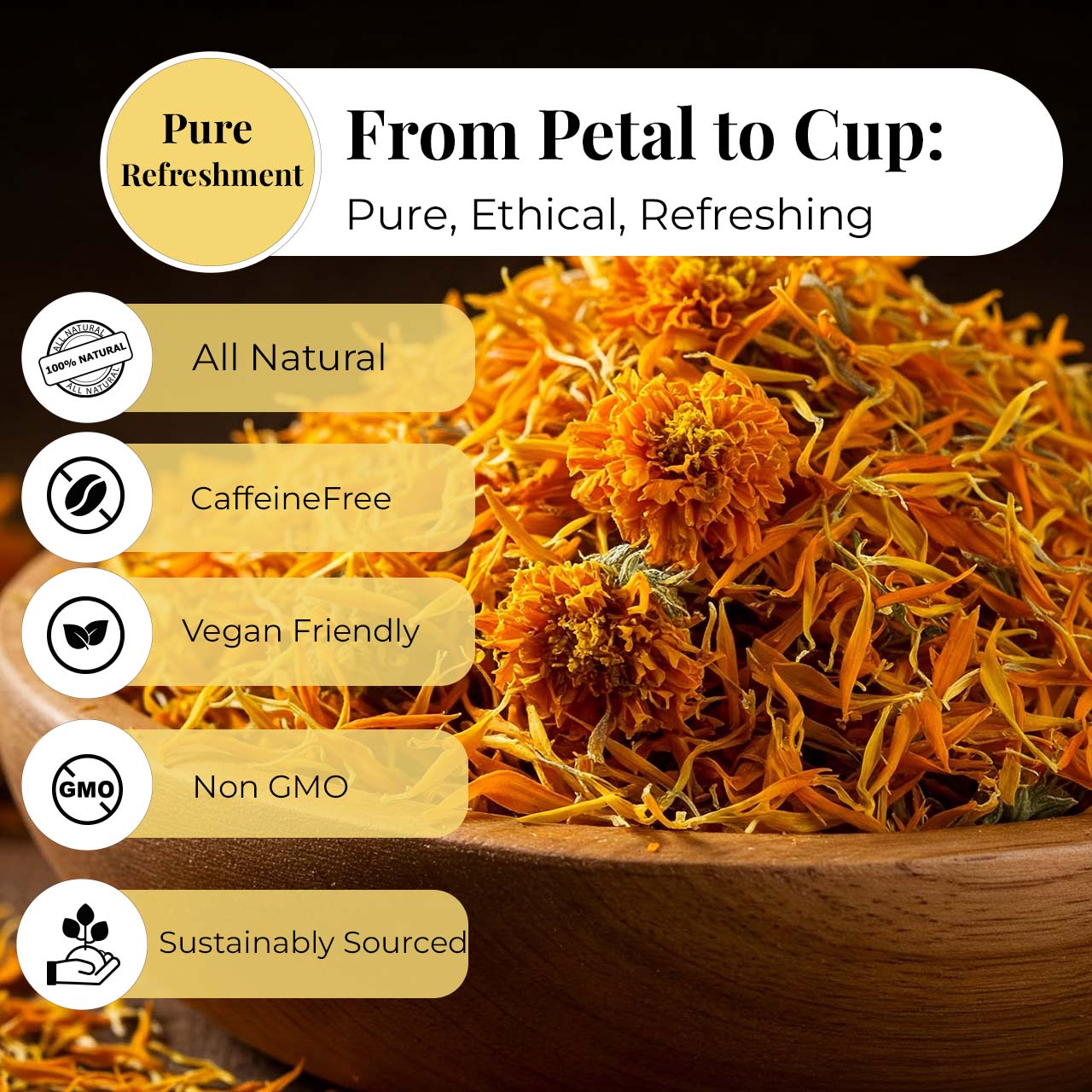WHICH SUPERFOOD REIGNS SUPREME? A COMPARATIVE LOOK AT MORINGA AND MATCHA
In the world of superfoods, both moringa and matcha have garnered significant attention for their impressive health benefits. While they are distinct in their origins and uses, they share a common goal: enhancing our well-being. This blog post will delve into the nutritional profiles of dried moringa leaves and matcha, compare their health benefits, and explore how each can be used in our diets.

What is Moringa?
Moringa oleifera, moringa leaf plant often referred to as the "drumstick tree" or "miracle tree," is a plant native to parts of Africa and Asia. The leaves are highly valued for their nutritional content and have been used traditionally in various cultures for centuries. Moringa leaves are rich in vitamins, minerals, and antioxidants.
What is Matcha?
Matcha is a type of finely ground green tea powder derived from specially grown and processed tea leaves. Originating from Japan, matcha is known for its vibrant green color and unique flavor. It has been consumed for centuries in East Asia, particularly in Japanese tea ceremonies.

Compare Moringa and Matcha to See How These Superfoods Stack Up in Terms of Vitamins, Minerals, and Antioxidants.
-
Vitamins and Minerals
- Moringa: Moringa leaves are a powerhouse of nutrients. They contain high levels of vitamins A, C, and E, which are essential for immune function, skin health, and antioxidant protection. They are also rich in calcium, iron, and magnesium, supporting bone health, oxygen transport, and muscle function.
- Matcha: Matcha is also a good source of vitamins and minerals, though its content is not as broad as moringa. It provides vitamin C, potassium, and iron. While it doesn’t have the same range of vitamins as moringa, it offers a high concentration of antioxidants.
-
Antioxidants
- Moringa: Moringa leaves are loaded with antioxidants such as quercetin, chlorogenic acid, and beta-carotene. These antioxidants help combat oxidative stress and inflammation in the body.
- Matcha: Matcha is renowned for its high antioxidant content, particularly catechins, which include EGCG (epigallocatechin gallate). These antioxidants are known for their potent anti-inflammatory and anti-cancer properties.
-
Protein Content
- Moringa: Moringa leaves contain a notable amount of protein, making them an excellent plant-based protein source. Moringa leaf plant provide essential amino acids necessary for muscle repair and growth.
- Matcha: Matcha has a lower protein content compared to moringa. It is not a significant protein source but contributes to overall nutrition when consumed as part of a balanced diet.
Must Read : Looking to add a burst of flavor to your meals? Explore these creative ways to incorporate dried loose leaf herbs into everyday dishes.
Explore How to Use Moringa and Matcha in Your Diet to Boost Energy, Support Digestion, And Improve Overall Health.
-
Energy and Metabolism
- Moringa: Moringa Leaves supports energy levels through its rich array of vitamins and minerals, particularly iron, which helps in oxygen transport and reduces fatigue. It also has a reputation for enhancing metabolic processes.
- Matcha: Matcha contains caffeine and L-theanine, a combination that can provide a sustained energy boost and improved focus without the jittery effects of coffee. The caffeine content in matcha helps boost metabolism and fat oxidation.
-
Immune System Support
- Moringa: The high vitamin C and beta-carotene content in dried moringa leaves strengthen the immune system and help the body fight off infections.
- Matcha: Matcha supports immune function through its antioxidant properties. EGCG in matcha can help boost the immune system and enhance the body’s ability to fight off pathogens.
-
Digestive Health
- Moringa: Moringa leaf powder have been traditionally used to support digestive health. They have anti-inflammatory properties that can help soothe the digestive tract and aid in digestion.
- Matcha: Matcha contains fiber that supports digestive health. It also helps with detoxification by assisting the body in removing toxins.
How to Use Moringa and Matcha
-
Moringa:
- Smoothies: Add moringa leaf powder to smoothies for an extra nutrient boost.
- Soups and Stews: Incorporate moringa leaves into soups and stews for added flavor and nutrition.
- Teas: Moringa leaf tea is a popular way to enjoy its benefits.
-
Matcha:
- Lattes: Prepare matcha lattes for a creamy, energizing drink.
- Baking: Use matcha powder in baking recipes like cookies and cakes for a vibrant green color and unique flavor.
- Smoothies: Add matcha powder to smoothies for an antioxidant-rich boost.
Conclusion
Moringa VS Matcha both offer impressive health benefits and unique uses in our diets. Moringa leaf powder or drumstick powder stands out for its broad range of vitamins and minerals, while matcha is prized for its high antioxidant content and sustained energy boost. Incorporating these superfoods into your diet can provide a range of health benefits and enhance overall well-being.
Ready to boost your health with the best superfoods? Explore our range of moringa leaves and see how they can improve your energy, digestion, and overall health. Shop Now!




























